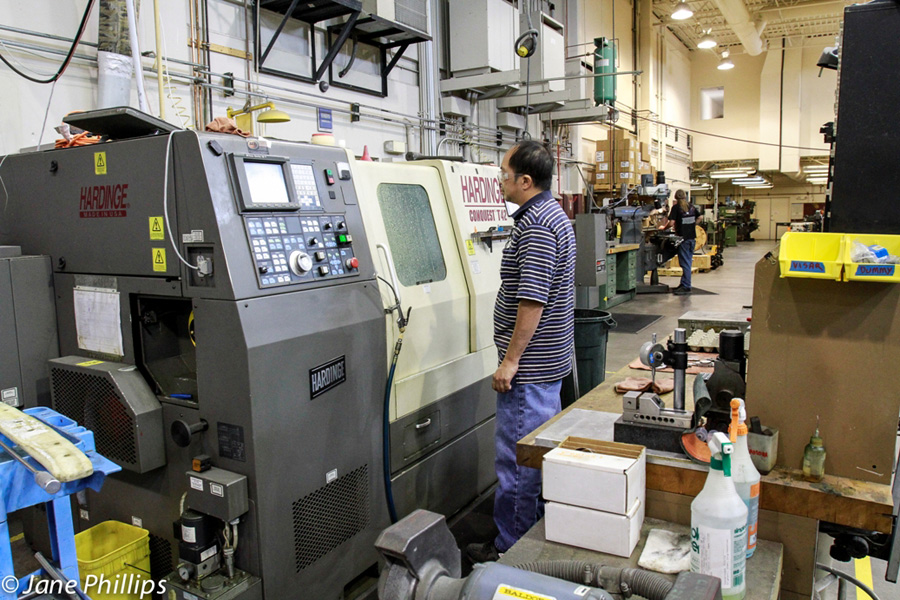Counterfeit products — from pharmaceuticals to steel parts to electronics — proliferate in the global economy, posing enormous risks to businesses and consumers.
Manufacturers lose big when warrantied products fail because of phony components, especially if injuries and fatalities result. The Federal Bureau of Investigation estimates that counterfeit parts in consumer and industrial products cost U.S. businesses more than $250 billion annually.
When counterfeit parts infiltrate the government supply chain, the cost falls on taxpayers. Counterfeit electronic products alone cost contractors and the federal government billions of dollars every year.
New Rules
Congress in late 2011 passed legislation requiring all defense contractors and subcontractors to verify the authenticity of electronic materials used in military products and to buy such parts only from original equipment manufacturers (OEMs), authorized OEM dealers or suppliers who use trusted primary sources. To avoid hefty fines and obtain immunity from lawsuits brought by suppliers, contractors now must train workers in counterfeit identification, inspect and test electronic parts and report suspected fakes to the Government Industry Data Exchange Program (GIDEP).
Those regulations broadened in 2014 to require all government contractors to report suspected counterfeits — not just electronic components — to GIDEP.
Major private sector players are developing similar standards. SAE International — a global association of tech experts in the aerospace, automotive and commercial vehicle industries — expects organizations that buy, accept and distribute electronic parts to maintain a quality management system, document the movement of parts through the supply chain and confirm the authenticity of purchased products through visual and X-ray inspections.
Protection and Detection
Most modern counterfeiters originate in countries — China, India, Vietnam and Pakistan among them — that manufacture goods for U.S. companies without strict oversight. They repurpose electronic waste by removing original product markings and replacing them with new marks, obtain rejected parts and pass them off as good ones and substitute inferior parts for good ones in relabeled packaging.
While some manufacturers boost profits by buying parts at the lowest possible costs, more sophisticated businesses appreciate the “total risk and costs involved in shipping work offshore,” said Ron Burke, innovation director at the New Mexico Manufacturing Extension Partnership. Top-tier companies install quality-control agents inside foreign factories to ensure that industry standards are met, intellectual property is protected and customers get what they pay for.
Some counterfeits are detected through superficial visual or microscopic inspection. Other tests — radiological, chemical or mechanical — are needed to detect anomalies in more complex materials.
Burke advises companies that manufacture overseas to market a patented product aggressively within the first 18 months, because that’s all it usually takes for someone to reverse-engineer it and create a competitive knockoff. Or it can avoid letting a single foreign manufacturer build the entire product by assembling it domestically.
Burke advised manufacturers to consult trade associations for the latest resources and workshops about dealing with counterfeit parts. The Small Business Administration sponsors an online class at www.sba.gov/tools/learning-center-view-course/1474324 to help government contractors recognize counterfeits and comply with current regulations.
New Mexico Manufacturing Extension Partnership sponsors workshops on lean manufacturing and other processes that can increase the competitiveness of small and medium-size businesses. NM MEP’s Innovation Directors work with businesses one-on-one to change mindsets and transform companies into lean and efficient engines of growth.
Download 436_Counterfeit Awareness Critical for New Mexico Manufacturers PDF


